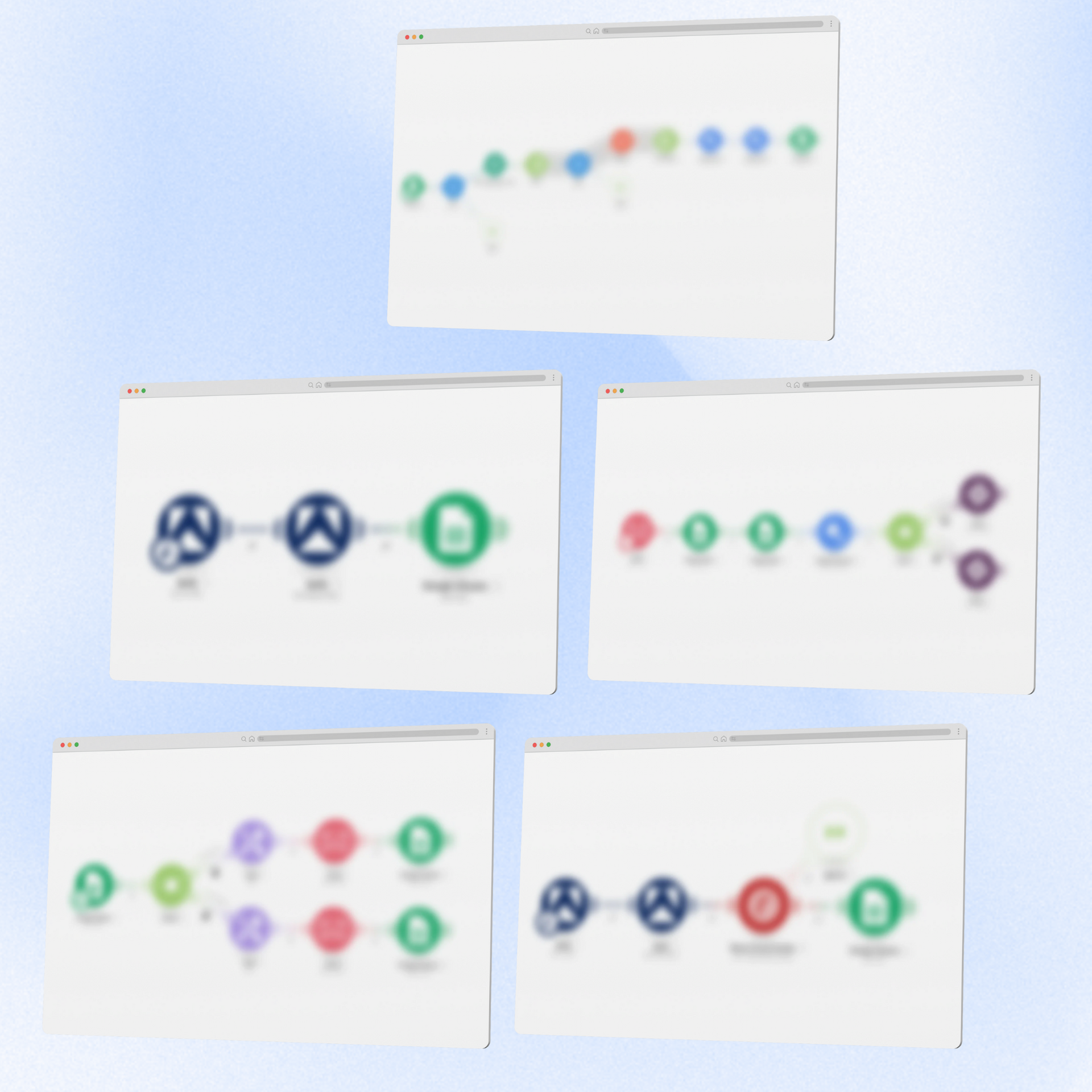Good morning! It is November 11, 2024, today. We have an exciting lineup of AI news, from Google's new AI educational initiative to The Washington Post's innovative AI news assistant. Let's dive into the latest updates!

Credit: Google
1. Google Debuts 'Learn About' AI Tool for Interactive Education
Google has introduced Learn About, a new AI tool aimed at education, distinct from chatbots like Gemini. Built on the LearnLM model, it delivers visually rich, interactive answers that prioritize learning over pure information. When tested on “How big is the universe?”, Learn About provided educational resources, vocabulary support, and topic extensions, while Gemini offered a fact summary. The tool also accurately addressed quirky questions, enhancing engagement with tailored educational responses.

Credit: Future
2. Washington Post Launches New AI Chatbot, "Ask The Post AI," for Reader Engagement
The Washington Post has introduced Ask The Post AI, an AI chatbot that answers reader questions by pulling from articles published since 2016. Designed to ensure reliable responses, it uses strict guidelines to avoid misinformation, declining to answer if no suitable source is available. Following their Climate Answers bot, the new AI aims to increase reader engagement and offers a quick, credible way to access the publication’s content.

3. AlphaFold3 Code Released for Non-Commercial Use, Enhancing Protein Research Access
DeepMind has released the code for AlphaFold3, allowing scientists to use the advanced protein-structure prediction model in non-commercial research. This follows initial criticism over its restricted release earlier in the year. AlphaFold3’s capabilities extend beyond its predecessors, modeling proteins with other molecules—an advancement especially valuable in drug discovery. With academic access to model weights upon request, researchers now have broader tools for innovation, including other open-source alternatives inspired by AlphaFold3 from Baidu, ByteDance, and OpenFold3.

Credit: Cointelegraph
4. Tether’s New Wallet Development Kit Embraces Non-Custodial Wallets for AI and Human Users
Tether launched an open-source wallet development kit (WDK) to help businesses integrate non-custodial wallets into websites and apps, supporting both human users and AI agents. This modular kit, designed for flexibility and scalability, allows full user control over assets without relying on third parties. Initially, it supports Bitcoin and Tether (USDT) but will expand with customizable templates for other platforms.

5. Baidu Enters Smart Glasses Market with AI-Powered "Private Assistant"
Baidu has announced AI-integrated smart glasses powered by its Ernie language model, allowing users to monitor calories, ask questions, and capture videos. Unveiled in Shanghai, the glasses reflect China’s focus on AI in consumer tech, competing with Meta and Snap’s devices abroad. Baidu’s smart glasses will be China-exclusive at launch and are part of its broader strategy, which includes an AI image generator with fewer hallucinations thanks to a retrieval-augmented generation (RAG) method.

Credit: Cogna Team
6. FiveAI Founder Raises $15M for New AI-Powered Software Startup, Cogna
Ben Peters, co-founder of FiveAI, has launched Cogna, a U.K.-based startup that uses AI to create custom enterprise software. Cogna recently raised $15M in Series A funding, led by Notion Capital. By combining generative AI with other technologies, Cogna aims to simplify ERP solutions with a “Natural Language Compiler,” letting non-technical teams describe needs while AI builds tailored software. Cogna’s initial clients include Cadent Gas and Network Plus, and the startup competes against firms like Wipro and CapGemini.
How would you rate today's newsletter?
Stay tuned for more updates, and have a fantastic day!
Best,
Zephyr




